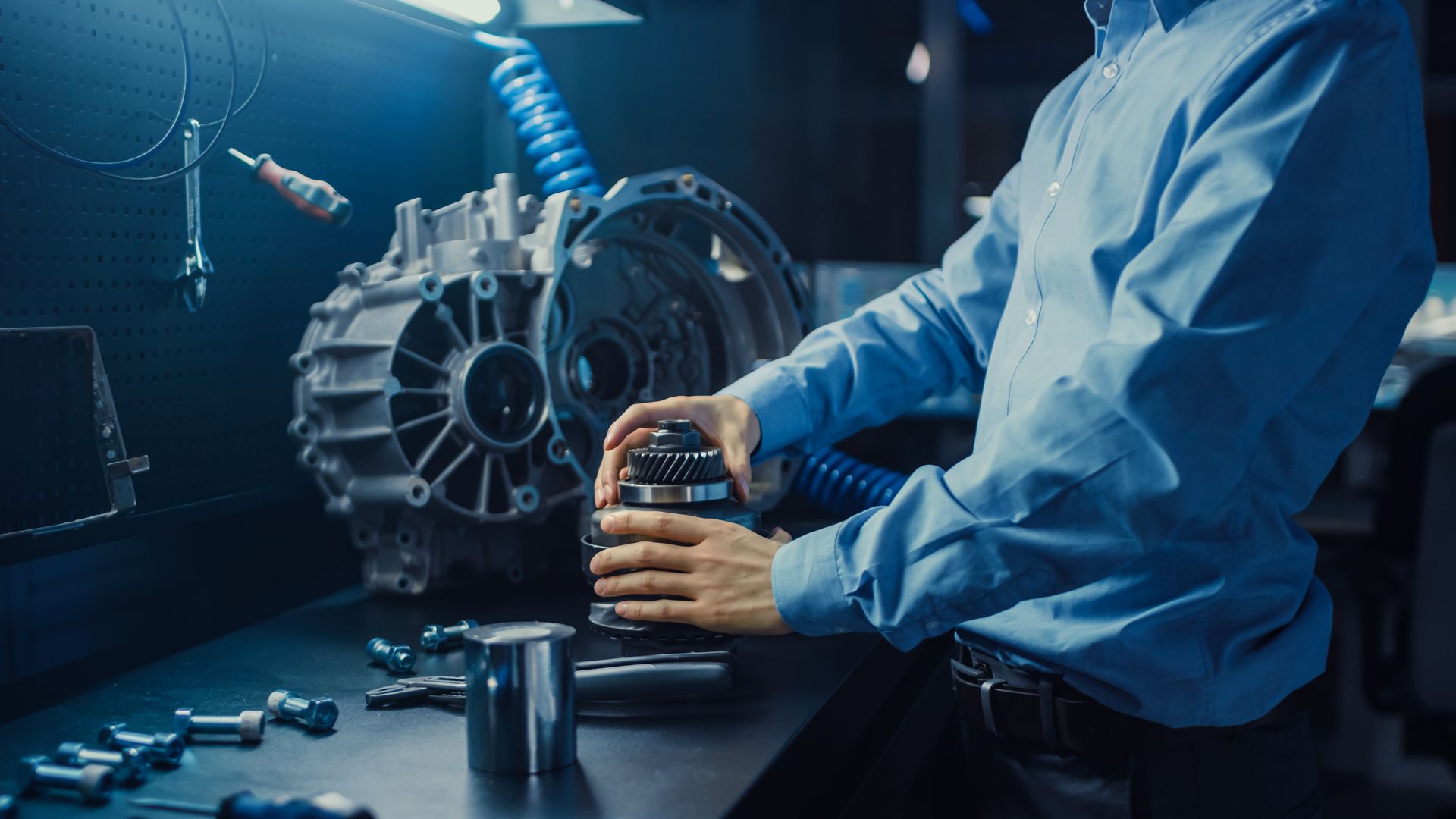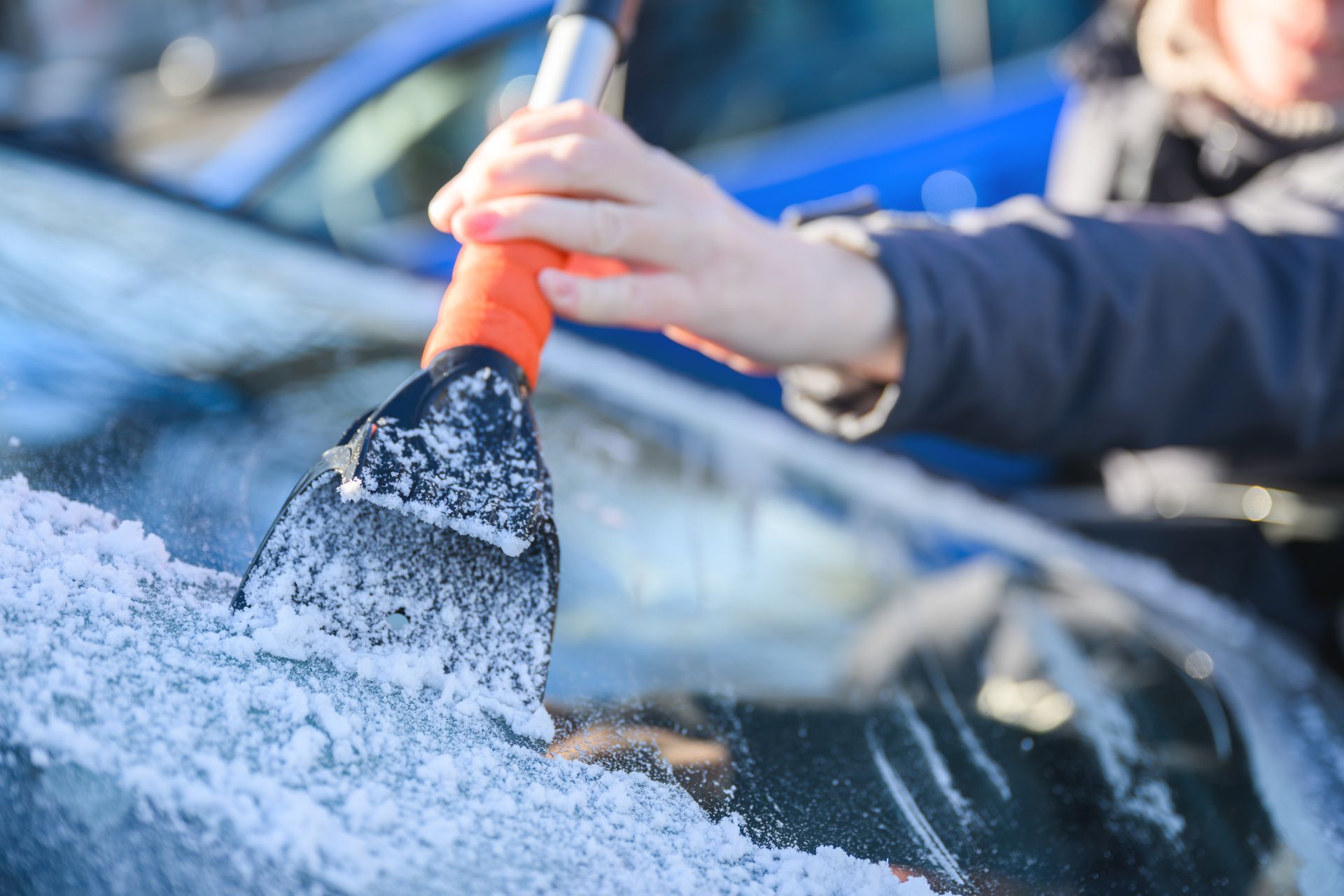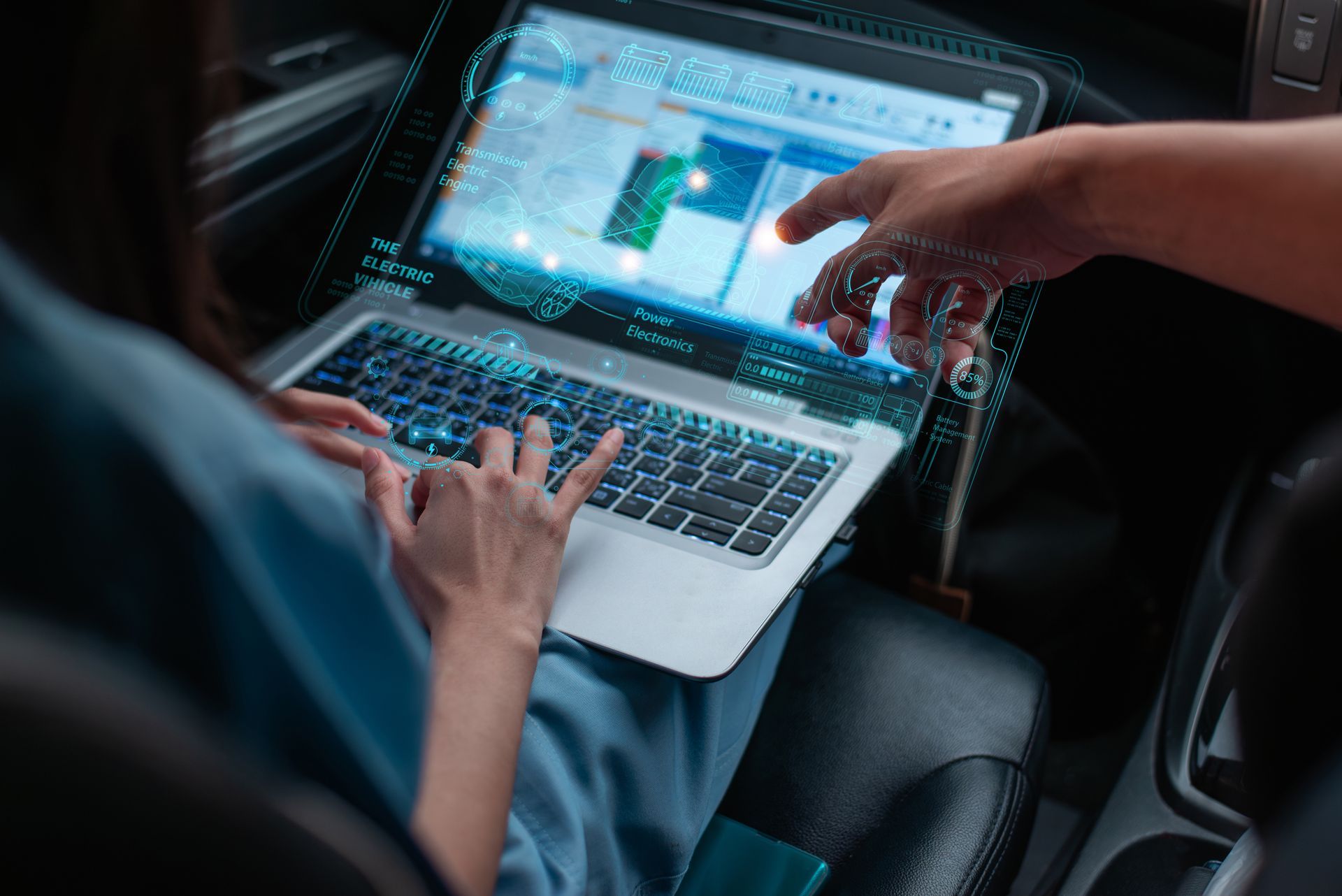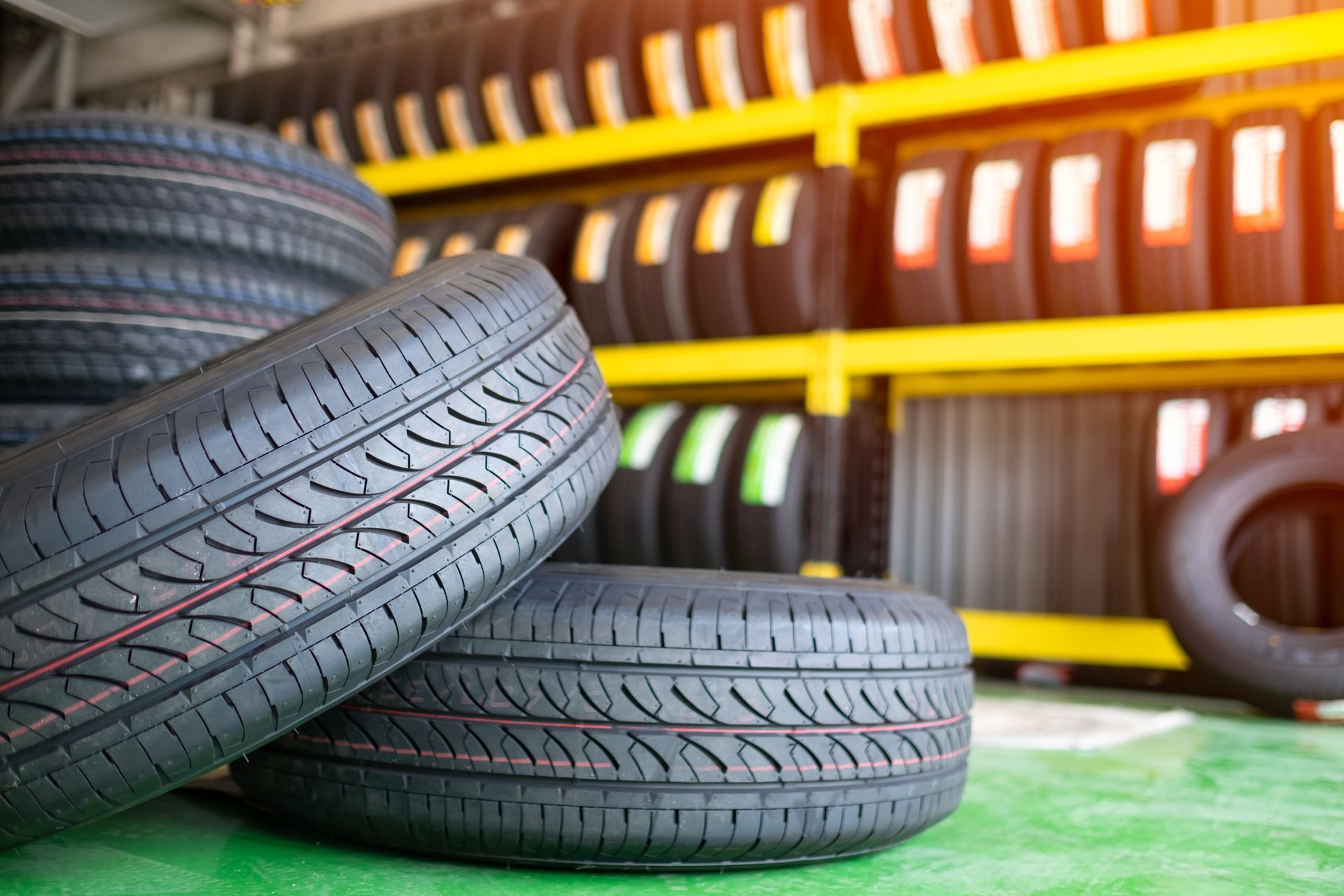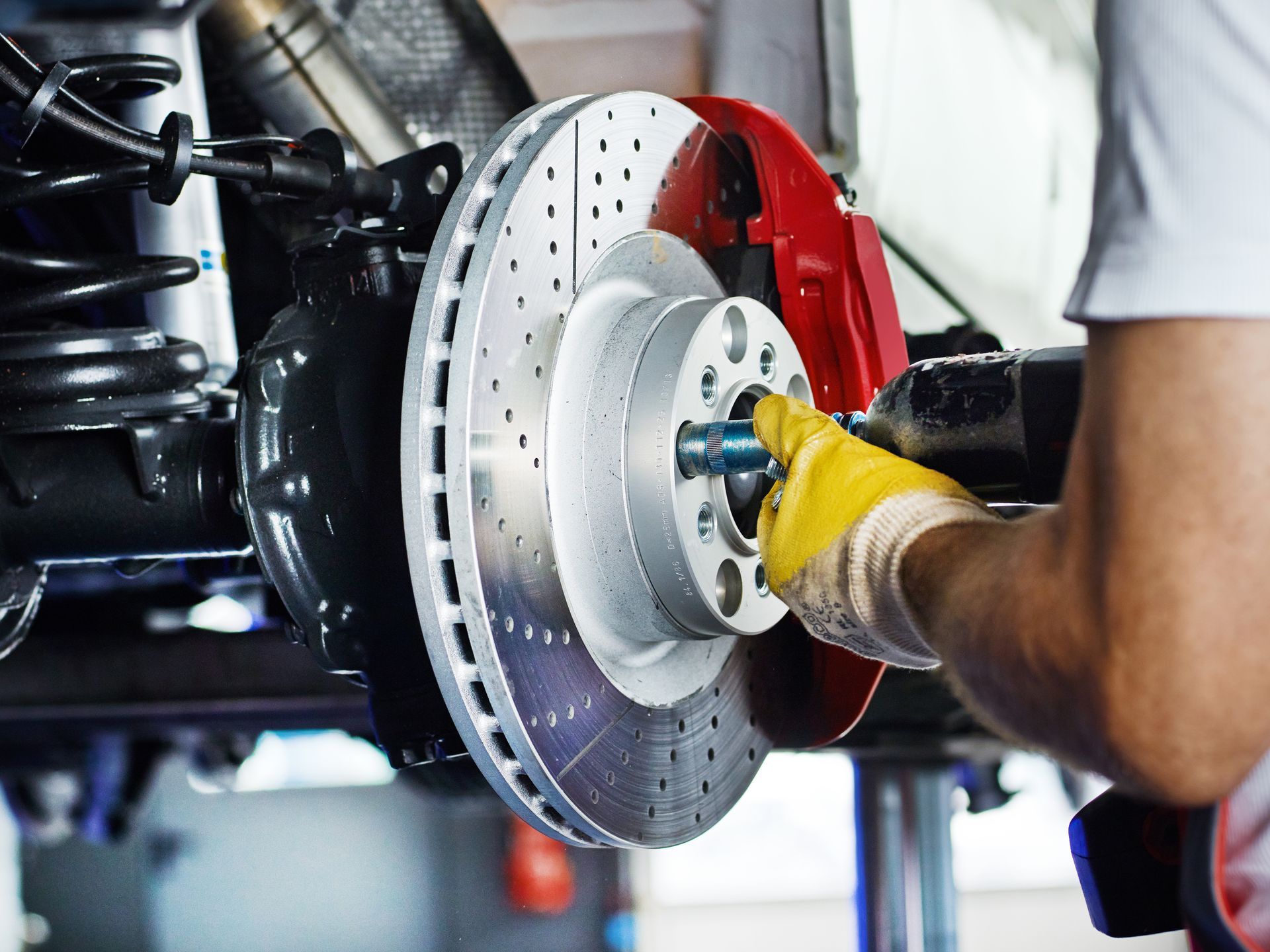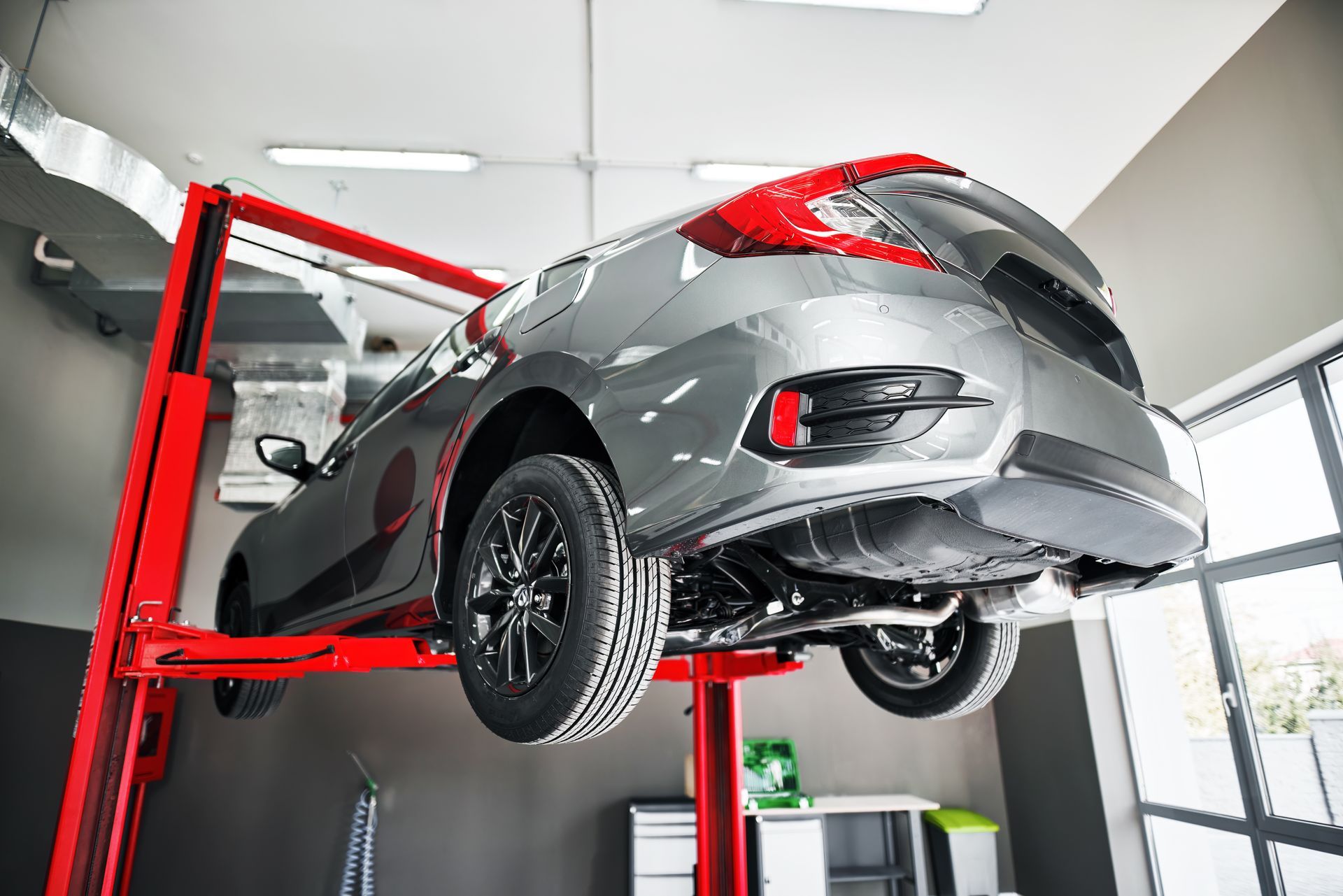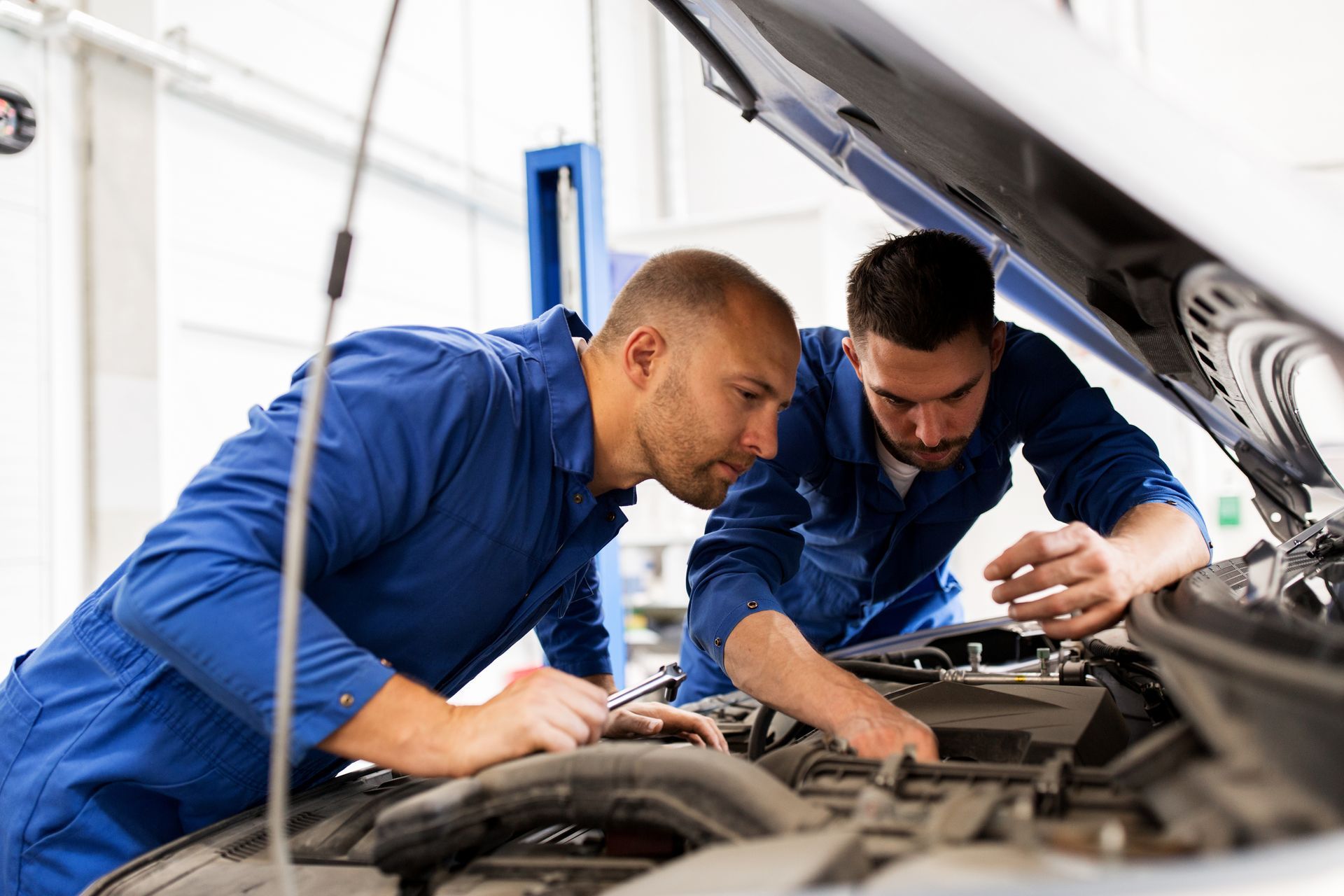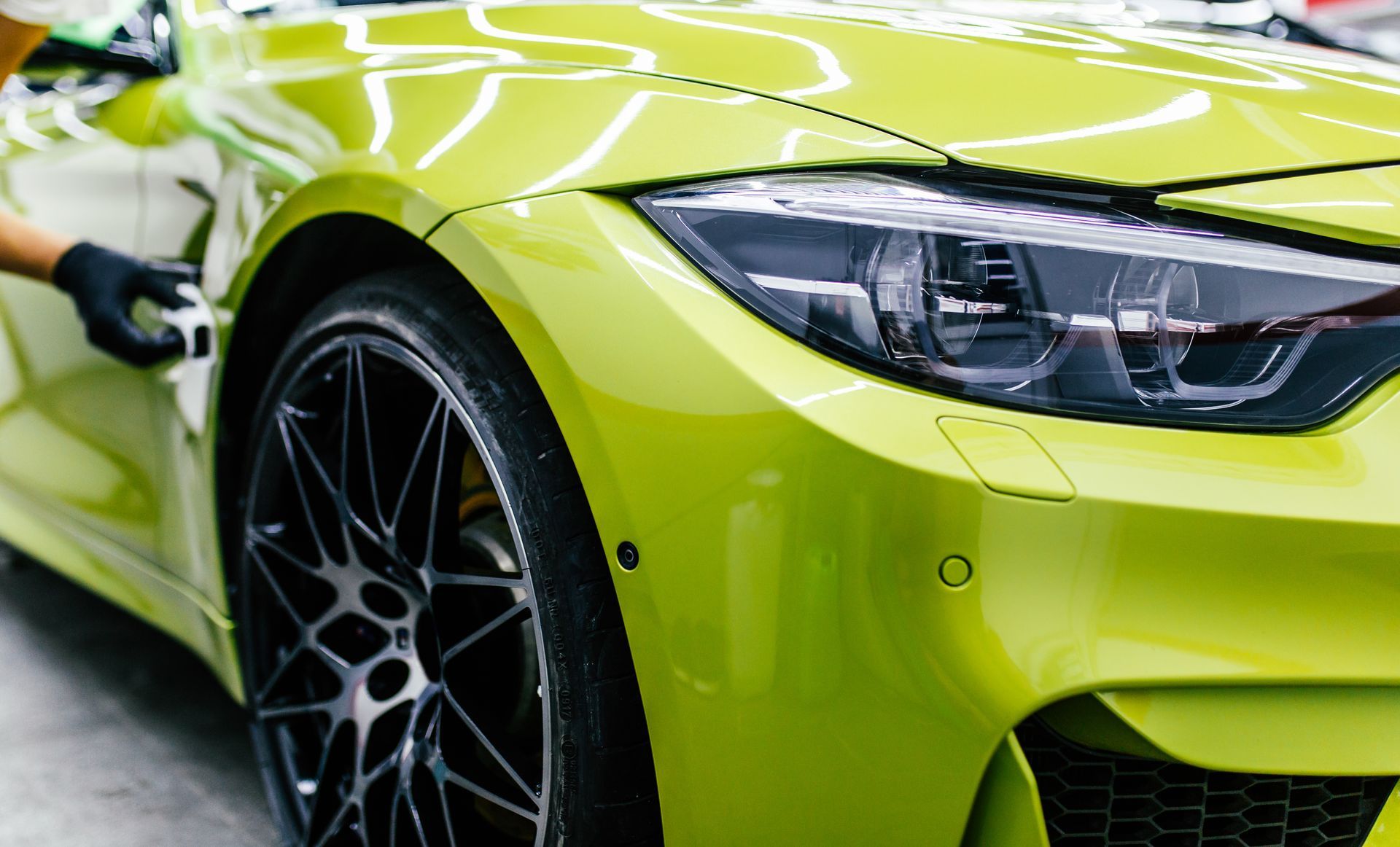Loading ...
Missing business hours data / Error occurred while getting the data.
Loading ...
Missing business hours data / Error occurred while getting the data.
Why Is My Car's Suspension Making Weird Noises?
July 26, 2024
Hearing strange noises from your car's suspension can be alarming. These noises can range from subtle squeaks to loud clunks, and they often indicate that something isn't quite right with your vehicle. But what do these sounds mean, and what should you do about them? Let's examine the possible causes and solutions for those mysterious suspension noises.
Common Causes of Suspension Noises
Worn Out Shock Absorbers
One of the most common culprits behind suspension noises is worn-out shock absorbers. Shock absorbers dampen the impact of bumps and potholes, providing a smooth ride. When they wear out, they lose their ability to absorb shock, leading to clunking or rattling noises as you drive.
Loose or Damaged Struts
Struts are combining the functions of a shock absorber and a coil spring. Loose or damaged struts can cause knocking noises, especially when driving over rough terrain. This is because the strut assembly isn't firmly holding the wheel, leading to excessive movement and noise.
Broken or Worn Springs
Springs are designed to support the weight of your vehicle and absorb shocks from the road. Over time, they can become worn or even break, resulting in a creaking or squealing noise. If a spring breaks, your car might also sit lower on one side, affecting handling and increasing wear on other suspension components.
Faulty Bushings
Bushings are small rubber or polyurethane components that cushion parts of the suspension system and reduce vibration. When bushings wear out or crack, they can cause clunking or squeaking noises. Faulty bushings can also lead to a rougher ride and increased wear on other suspension parts.
Loose or Worn Ball Joints
Ball joints connect the control arms to the steering knuckles, allowing for smooth movement of the suspension. When ball joints wear out, they can create a clicking or popping noise, especially when turning. Worn ball joints can also affect your car's alignment, leading to uneven tire wear.
Diagnosing Suspension Noises
Identifying the exact cause of suspension noises can be challenging, but there are a few steps you can take to narrow it down.
Visual Inspection
Start by visually inspecting the suspension components. Look for obvious signs of wear, such as leaking shock absorbers, broken springs, or cracked bushings. Check for any loose or damaged parts that might be causing the noise.
Listen for the Noise
Pay attention to when the noise occurs. Is it when you hit a bump, turn the steering wheel, or accelerate? The timing of the noise can provide clues about its source. For example, if the noise happens when turning, it might indicate an issue with the ball joints or struts.
Test Drive
A test drive can help pinpoint the problem. Drive over different types of terrain to see if the noise changes or becomes more pronounced. This can help you identify which part of the suspension is most affected.
Fixes for Common Suspension Noises
Replacing Shock Absorbers
If worn shock absorbers are the cause, replacing them can restore your car's smooth ride and eliminate the noise. It's usually best to replace all four shocks at once to ensure balanced handling.
Repairing or Replacing Struts
Loose or damaged struts should be repaired or replaced as soon as possible. This might involve replacing the entire strut assembly, including the shock absorber and coil spring.
Fixing Broken Springs
Broken or worn springs need to be replaced to maintain your car's proper ride height and handling. It's important to replace springs in pairs (both front and rear) to keep the suspension balanced.
Replacing Bushings
Faulty bushings should be replaced to reduce noise and improve ride quality. This can be a relatively simple fix, but it's essential to use high-quality bushings for durability.
Addressing Ball Joint Issues
Worn ball joints should be replaced to eliminate clicking or popping noises and ensure safe steering and handling. It's crucial to address ball joint issues promptly to avoid further suspension damage.
Preventive Maintenance for Your Suspension
Regular Inspections
Routine inspections of your suspension system can catch issues early before they become major problems. Check for signs of wear and tear, and have any unusual noises investigated by a professional.
Timely Repairs
Don't ignore suspension noises. Addressing them promptly can prevent further damage and keep your car safe to drive. Regular maintenance and timely repairs can also save you money in the long run.
Quality Parts
When replacing suspension components, use high-quality parts to ensure longevity and performance. Cheap or substandard parts might save money upfront but can lead to more frequent repairs and additional costs.
Don't let suspension noises ruin your ride. Visit
A2B Euro Car Repair today for a
thorough inspection and quality repairs!
Loading ...
Missing business hours data / Error occurred while getting the data.
A2B Euro Car Repair 215 NJ-10 Building 3, Unit 5 Randolph, NJ 07869 (862) 254-2345

